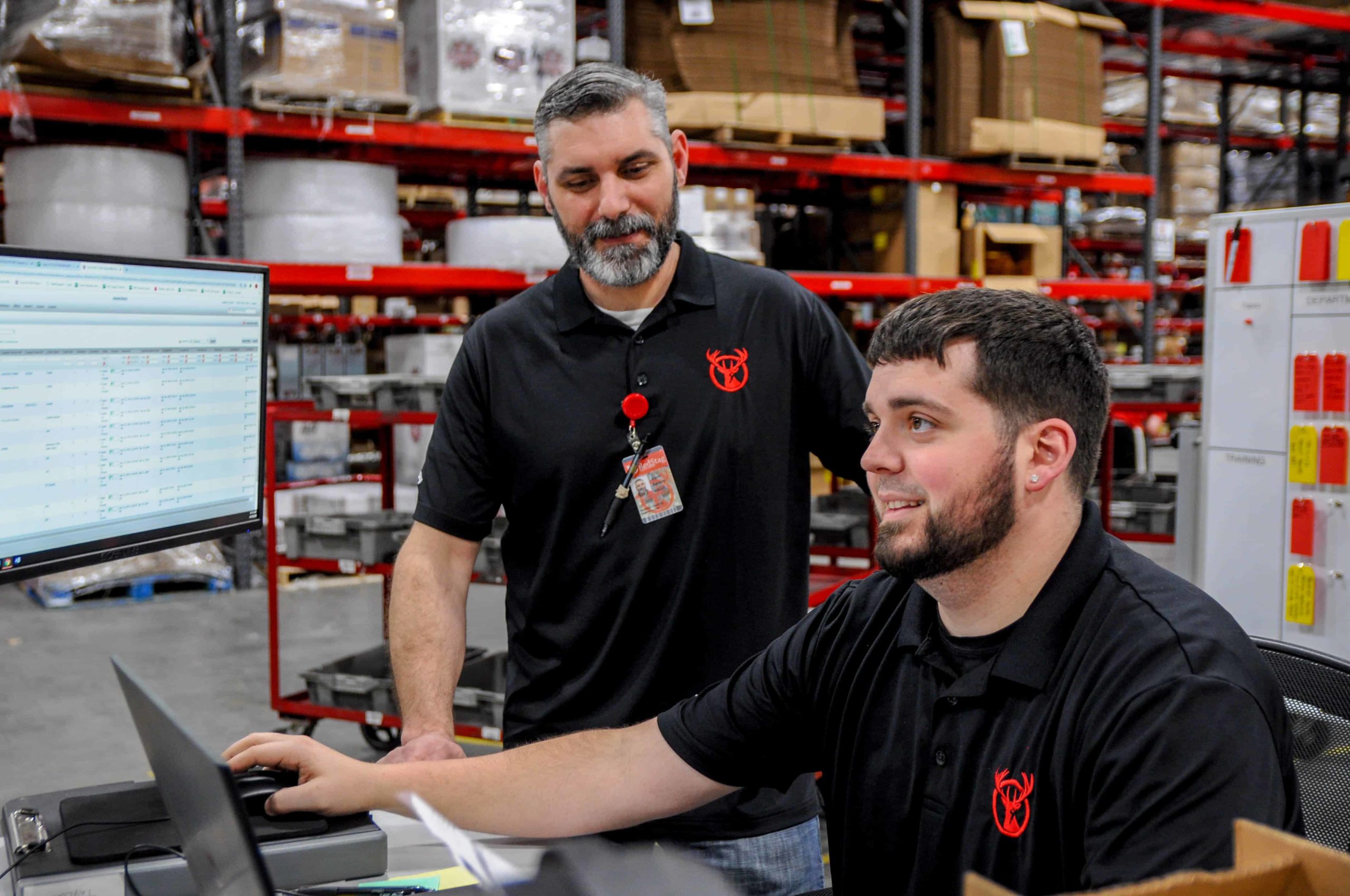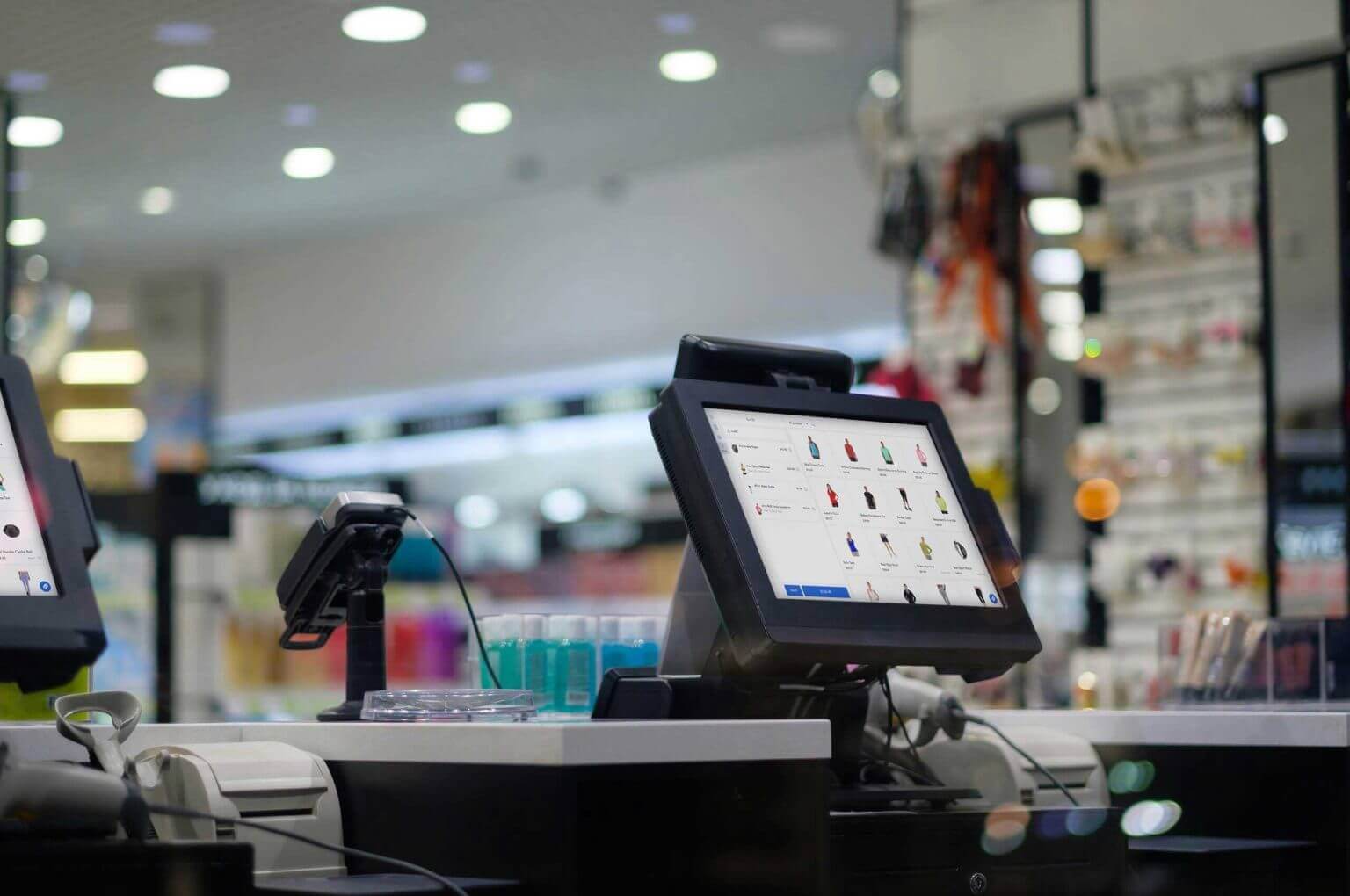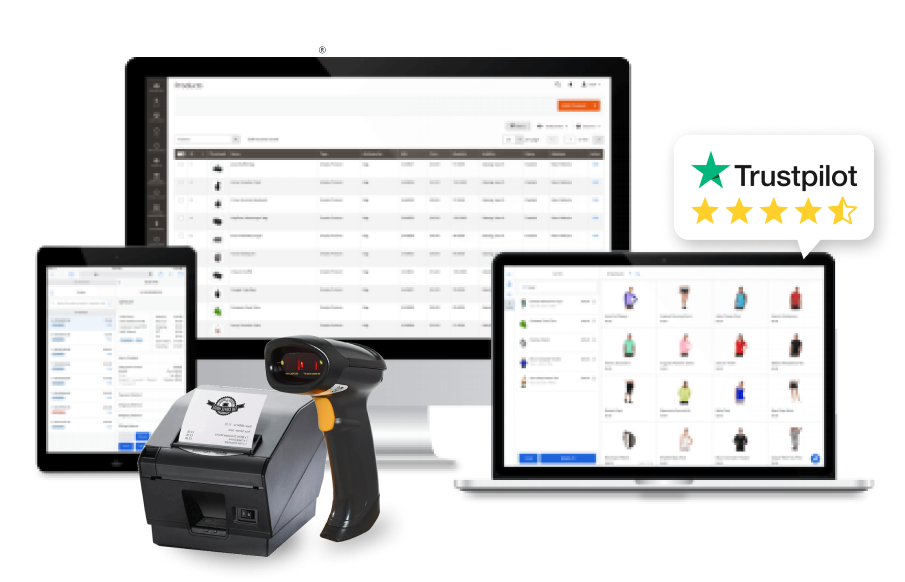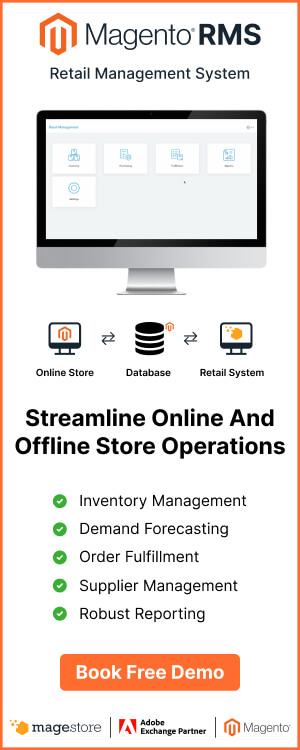Store management is the activity of running and monitoring all operations in a store. Its main responsibilities include working with employees, creating work schedules, communicating with suppliers, and dealing with customer complaints. Proper management will maintain effective control over your business and positively impact your overall productivity. Thus, you need to understand aspects of retail store management and its best practices to optimize your inventory and enhance customer experience. Read on to discover “What is store management?” and how to manage a retail store successfully.
What is store management?

Store management is the actual handling of items received, held, and issued from a store. For small retailers, store administration will focus on inventory management. By maintaining optimal inventory levels, you can meet customer needs while minimizing unnecessary costs and achieving sales goals. However, this work becomes more complex with larger stores and includes:
- Receiving items and materials
- Returning defective or damaged stocks
- Keeping records of incoming and outgoing items
- Maintaining inventory levels precisely to avoid overstocking or overstocking.
However, is that enough to manage a retail store successfully? According to the National Retail Federation, the average turnover rate of the retail industry is more than 60%. Therefore, it leads to another vital role of store managers: support and motivate employees to create a positive environment and increase employee retention. Thus, in short, retail store management definition is to ensure the health and safety of your retail store and employees.
3 components of store management

Store managers of a retail business entail many responsibilities, from training store staff to maintaining the brand’s reputation. The 3 core components of standard store management include:
1. Control inventory
You’ll always need to keep your inventory at an optimal level for your retail business growth. It minimizes the risk of a profit deficit. For example, if your store is out of stock, customers may buy substitute products from competitors, so you lose potential sales and reduce customer loyalty. However, unsold products can take up storage space and increase inventory carrying costs. Therefore, here are some suggestions for effective inventory management:
Reduce fraud and theft

The biggest concern for store managers is when you have fewer sales and items in actual inventory than what was recorded. Shrinkage and inventory deterioration can result from counting errors, damage, or theft. Theft can be by outsiders or sometimes from within your employees. Therefore, retailers should also know how to balance cash drawers to reconcile the flow of goods and cash. From there, you can detect any shrinkage at the earliest.
Count physical inventory regularly
Ideally, you should perform cycle counting regularly to keep track of your inventory. For example, you might consider cycle counting, a method of counting a small portion of inventory at a particular time. From there, store administration can quickly overview inventory and identify popular items that may need to be restocked. What’s more, it’s not as time-consuming as counting the entire inventory, so it avoids disrupting your daily sales operations.
Choose a suitable store layout

A store layout is the arrangement of products and materials inside the store. It aims to make efficient use of space for convenient pick-up and delivery, improve visual merchandising for customer experience, and reduce the risk of damage, accidents, and petty theft. When designing the store layout, you should base on the nature of your retail store management and the popularity of each item.
2. Support and encourage employee

What’s more? Store managers need to take care of the employees and encourage them to hit their personal sales targets. On some occasions, store managers can assist their employees in advertisements and promotions to increase sales. However, here are the main tasks to achieve that:
Recruit staff with the right qualifications
An effective way to lower employee turnover is to hire the right employees from the start. The hiring process needs to select candidates whose skill sets fit the job description and your retail business culture. In addition, you should clearly define job expectations and ask in-depth questions to discover how the candidate works and copes with the pressure.
Training soft skills and technology capabilities

When new employees take over, you should conduct thorough training and set performance goals with milestones. A big part of this is training employees to keep them updated with the store management process. For example, you can delegate inventory control tasks to their staff. First, however, you need to ensure that your employees understand the importance of inventory management and its procedure.
In addition to skills training, employees need to be proficient in technology, especially point of sale (POS) systems and tips to increase sales at a cash wrap.
Set up periodic meeting with staff

It’s also essential for store managers to listen to their employees, encourage new ideas, and address any challenges. Therefore, you need to increase interaction with employees to promptly record their progress and review the achieved goals. For example, you can set up periodic 1:1 meetings with your employees to check on progress and set new goals once the employee has met previous goals. It’s an effective way to keep your employees motivated and ensure they’re productive.
3. Develop modern management tools
You always need to innovate store management processes and streamline them in the long term. However, human error is inevitable. Therefore, the following modern management software can help by automating these processes and reducing manual work.
POS system

Retailers can implement an omnichannel POS system to manage sales channels and have real-time reporting. It’s essential to track inventory, forecast inventory to make data-driven decisions, drive sales, and monitor financial performance. In addition, you can easily integrate open source EPOS solutions with ERP systems to connect other departments in your business, such as purchasing, accounting, and human resource management. Integrated systems can quote, invoicing, order, tax, and profit reporting support in one tool.
Inventory management software

Today’s fastest-growing and most sustainable retailers are data-driven ones. With the right inventory management solution, you don’t have to be an expert to quickly analyze your data. It gives you automated reports to identify which items are selling fast and need more buying and underperforming. Plus, you can realize the difference between online and brick-and-mortar business results to drive sales through innovative advertising campaigns and loyalty programs.
Conclusion
We hope our article helps you understand “What is store management?”. Effective store management can enhance your retail sales and customer experience. However, there are numerous responsibilities attached, from sales and inventory management to staff and customer service.
As store managers, you can easily see that modern software can provide in-depth analytics and make a real difference to the bottom line. From there, you can improve your competitiveness and bring long-term sustainable profits.




















Great insights on store management! It’s interesting to see how the retail industry is adapting to new trends and challenges in 2023. Looking forward to learning more about the winning business formula for retailers.